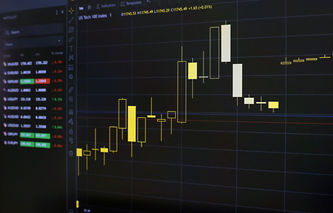Definition
The term discretionary order refers to instructions sent to a broker that provides latitude to determine the best price for a transaction. In some markets, discretionary orders allow traders to provide and take liquidity using a single order.
Explanation
The most common orders placed by traders provide very specific instructions to a broker regarding the price to buy or sell a security. In some markets, it is possible to provide the broker with some limited discretion. That being said, the broker's objective is to provide the trader with the best possible price for their securities. A discretionary order may also allow the broker to vary the timing of the transaction.
In some markets, a discretionary order may consist of a limit order that also has an optional value that can be used to vary the price range of the order. The market would only see the limit price. Since there is less transparency in these markets, it's difficult to determine the best possible bid and offer prices. For example, a trader may be able to place a limit order price of $10.50, allowing the broker $0.05 discretion.
Related Terms






.png)


.png)